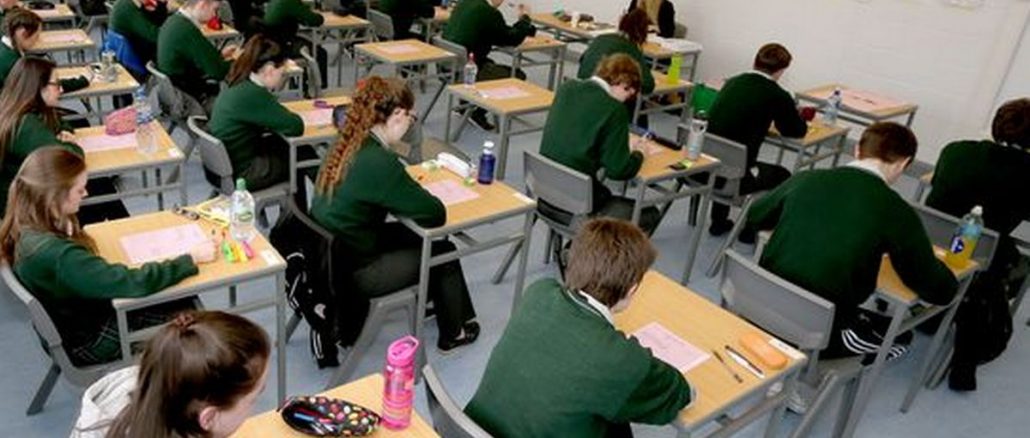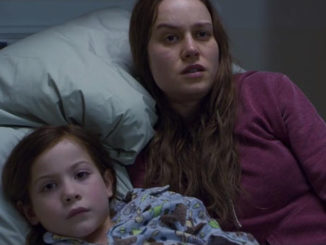
A bill to end single-sex schools was published by the Labour party on February 15th. The policies must be finalised within the next 10-15 years.
The party says that this move is needed to tackle gender inequality and “toxic masculinity”. They believe it is time for Irish schools to follow “international norms”.
This opened a debate into whether single-sex schools are beneficial or the route to inequality.
Labour’s education spokesman, Aodhán Ó Ríordáin explained “We’re working to put a greater emphasis on gender mix in politics, sport and business, yet this is the one area that we haven’t addressed”.
He added that it would be easier to teach consent when both genders share the same classroom. “The fact that so many of our schools are still separated by gender sends the wrong message to children at a young age about gender equality,” said Ó Ríordáin.
The bill gives primary schools a period of 10 years to end single-sex schools and 15 years to secondary schools. After this period, the state will cease their funding to these schools.
Outside the Arab world, Ireland has the highest number of single-sex schools in the world.
According to data in 2015, from the Trends in International Mathematics and Science Study (TIMSS) it found that one-third of Irish secondary schools are single-sex. It also provided no data for improvement in learning in same-sex schools, compared to mixed-gender schools.
There have been no new sanctions by the department of education for a single-sex school since 1998.
Ó Ríordáin argued, “we don’t have single-sex creches, we don’t have single-sex universities”.
There are still people in favour of keeping sex-segregated schools. Principal Barbara Ennis, of Alexandra College, an all-girls school in South County Dublin said, “Lots of people in our school say they love being in a single-sex school because they have this sense of girl power, women banding together”. She does not know why there is a need to abolish segregated schools.
The Labour Party has moved on in an attempt to publish more bills. They have caused debate on Ireland’s right to reserve 25% of places in schools for children and grandchildren.



